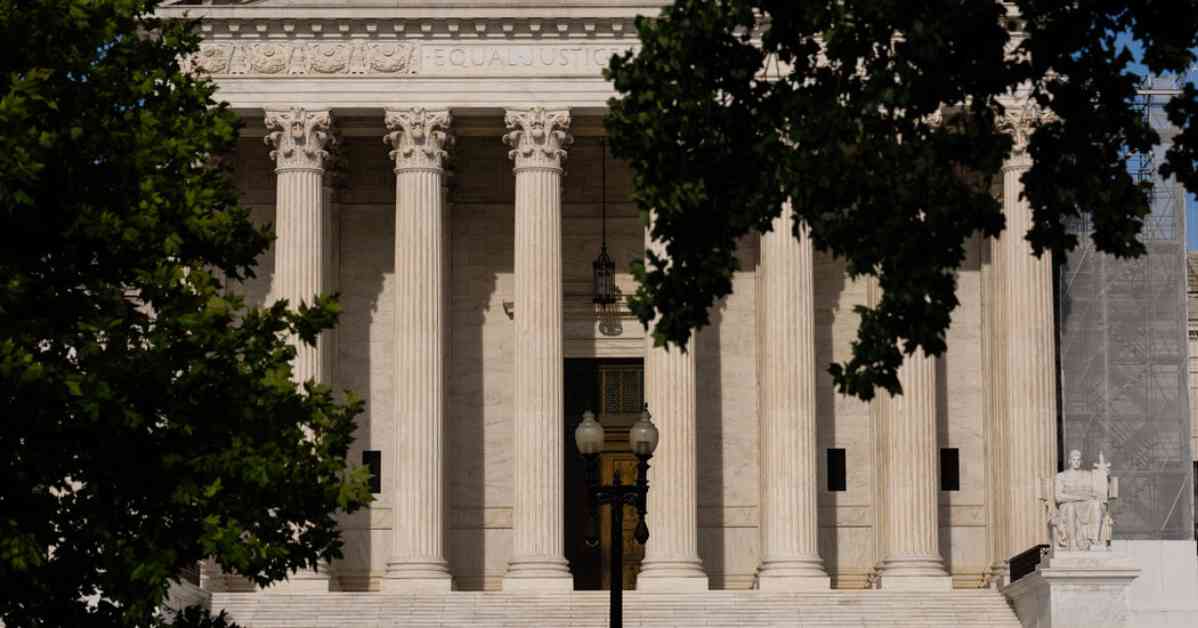The Supreme Court recently made a significant decision regarding the Biden administration’s interactions with social media platforms in an attempt to combat misinformation. The court ruled that the states and users who challenged these interactions did not have the standing to sue, as they had not suffered direct injury as a result.
The decision, made by a 6 to 3 vote, raised important legal questions that remain unanswered for now. Justice Amy Coney Barrett, writing for the majority, highlighted the lack of a concrete link between the plaintiffs’ injuries and the government’s conduct, emphasizing the importance of the court’s standing doctrine in preventing broad legal oversight of the executive branch.
However, Justice Samuel A. Alito Jr, along with Justices Clarence Thomas and Neil M. Gorsuch, dissented from the decision. Justice Alito expressed concerns about the potential threats to free speech posed by government officials pressuring social media platforms to censor content.
The case originated from government officials’ communications urging platforms to remove posts related to topics such as the coronavirus vaccine and election fraud claims. The attorneys general of Missouri and Louisiana filed a lawsuit alleging that these interactions violated the First Amendment. Judge Terry A. Doughty of the Federal District Court for the Western District of Louisiana supported this view, describing the situation as a possible attack on free speech in the country’s history.
Overall, the Supreme Court’s decision has upheld the Biden administration’s actions regarding social media contacts, but it also raises important questions about the balance between combating misinformation and protecting free speech rights. It remains to be seen how this decision will impact future interactions between the government and social media platforms, as well as the broader implications for First Amendment rights in the digital age.


















